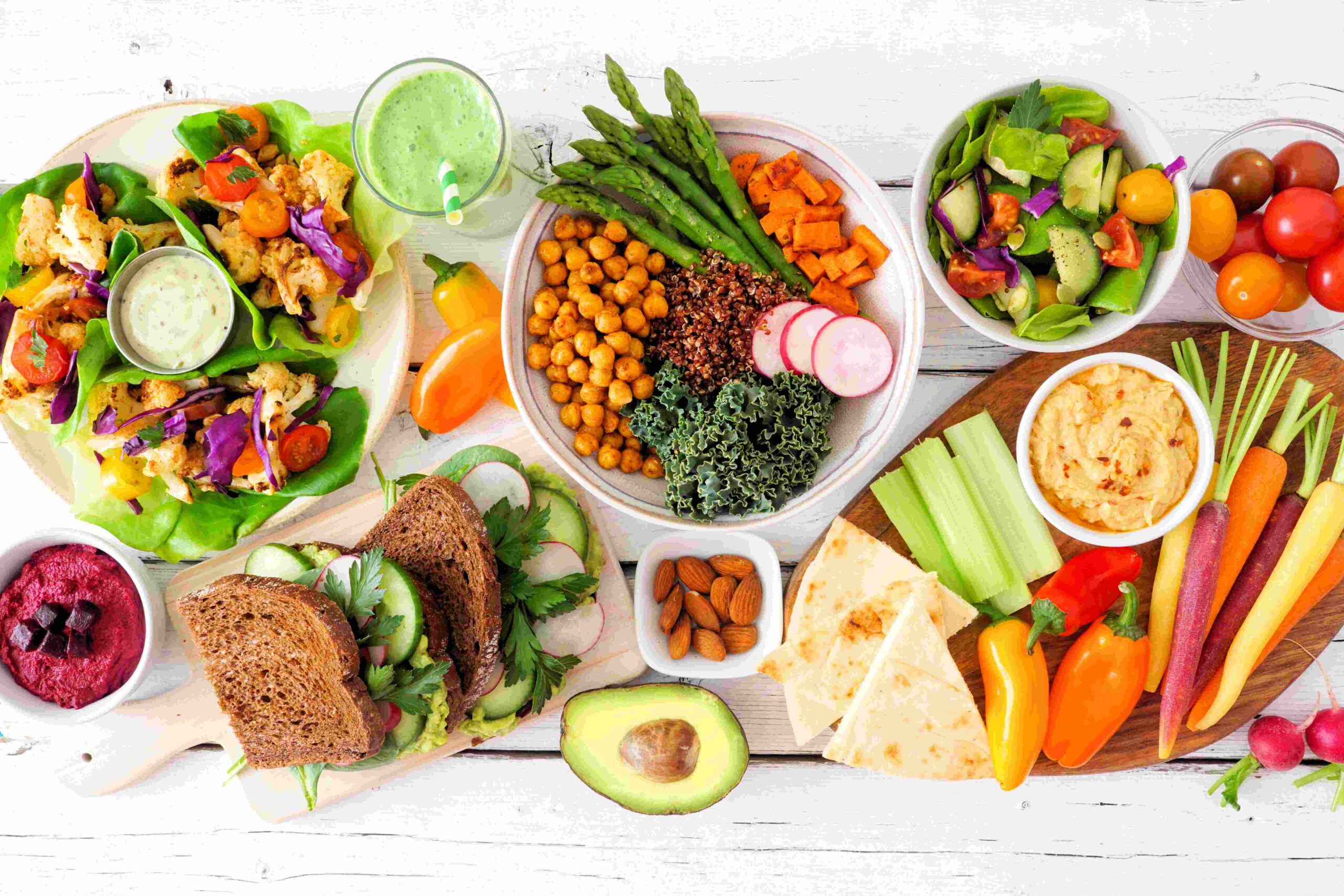By Ginger Bailey, RDN CD
What is NAFLD?
Non-Alcoholic Fatty Liver Disease (NAFLD) occurs when excess fat cells build up in the liver. The liver normally contains some fat, but if the liver becomes more than 5-10% fat, then it is termed “fatty liver”, or in medical jargon, “steatosis”.
Who is at risk for developing NAFLD?
Anyone can develop it, including children, but the populations most at risk for developing this condition include:
- Those who are overweight or obese
- People with diabetes
- People with high cholesterol or triglycerides
Why is NAFLD so dangerous?
The excess fat can cause the liver to swell or become “inflamed” (hepatits) which in turn can cause scarring (or cirrhosis). This leads to a condition known as NASH, which stands for Non-Alcoholic Steatohepatitis. This is the medical term for when the liver is damaged from too much fat and chronic swelling that has occurred over time, unrelated to alcohol consumption.
What can I do for NAFLD?
Currently, there are no specific therapies for NAFLD or NASH. However, there are some basic recommendations you can follow that can help manage an existing fatty liver.
- Reduce weight if overweight or obese
- Follow a balanced and healthy diet
- Increase physical activity
- Avoid alcohol
- Avoid unnecessary medications
Weight loss has been shown to improve liver enzymes in patients with NASH, and, to an extent, has helped improve their liver condition.
Focus on what you can control! Based on the latest medical literature, dietary changes have proven beneficial and may prevent your liver condition from progressing to hepatitis.
- Reduce saturated fats and trans fats. Saturated fats are oils that are solid at room temperature, such as:
- Butter
- Lard
- Shortening
- Coconut Oil
- These are unsaturated fats that have been chemically saturated to give them a longer shelf life and they are especially bad for your health. If they don’t occur naturally, the body isn’t able to process them. I recommend eliminating products that contain hydrogenated oil or partially hydrogenated oil and choosing an alternative product.
- Many processed foods use oils such as palm or safflower oil, which aren’t ideal choices. Better choices would be:
- Vegetable
- Olive,
- Avocado
- Nut oils
- Watch for the saturated fat compared to the total fat content in products. It should be no more than 10-20% of the total fat in the product. If it’s more, either make another choice or enjoy it infrequently.
- Reduce intake of animal products. This doesn’t mean you have to become a vegan, but animal products, especially those with a higher fat content, contain higher amounts of saturated fats than other foods.
- Choose fish when you can. The fats found in fish tend to be healthier than those found in red meats.
- Organically raised animals are fed in a healthier, more natural way. There are still essential nutrients found in animal products, so it isn’t necessary to cut them out altogether. Eat them in moderation and seek healthier alternatives when possible.
- Increase intake of plant-based foods. It’s not all about avoiding less-healthy options. (Let’s be honest, who doesn’t love bacon?) Plan to increase your intake of foods with lots of good nutrition, like delicious fruits and veggies. It’s okay if you don’t like ALL of them. I’m a dietitian, and even I don’t like every single one! The key here is about learning to eat them in a way that will help you enjoy them. Every vegetable I have eaten, that was prepared with skill, was divine!
- If you never learned to cook vegetables well, I highly recommend taking some local or online classes. One of the best things I ever did for my own health was dramatically increasing my intake of fruits and veggies. I had more energy, and just felt better overall. And I still enjoy my food!
NAFLD can be a scary diagnosis, but there are some simple changes you can make to your diet that will be very helpful. The key is making healthy substitutions that let you enjoy eating well!
Work closely with your gastroenterologist to be sure you’re managing your condition well. If you need assistance with dietary choices, meet with a registered dietitian one-on-one for a roadmap to gaining control of your diet.
By making smart choices, you can help your NAFLD and enjoy delicious food!


